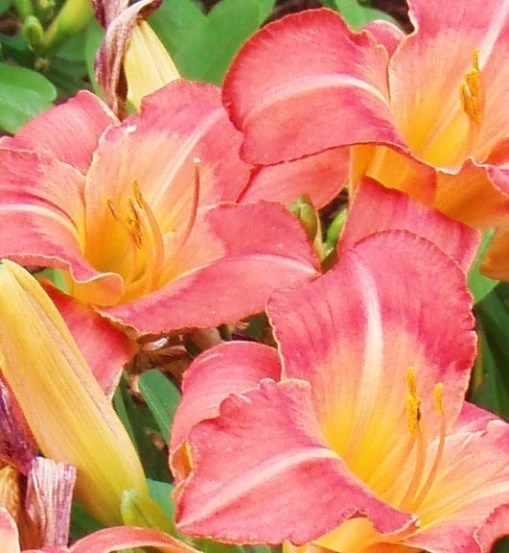The Festival of Sukkot, also known as the Festival of Booths, is explained in Leviticus 23. The festival falls at the end of the harvest season and is a time of festivity, good eating, refraining from working at our occupations . . . and living in a flimsy booth or sukkah. The roof is not attached to the walls, is made of once-living material [bamboo, tree branches, etc.], and generally one can see through the roof to the sky above. Sukkahs do not protect its inhabitants from the elements! Four species of plants are taken and waved before G-d each day of the celebration. While the general population may be unaware of this festival, orthodox Jews still observe Sukkot. In fact, we are told to observe this festival on its given days “as a law for all time, throughout the ages” (Vayikra/Leviticus 23.33-44). Some Christian groups, too, have taken up a modified observance of Sukkot. One reason given for observing this festival comes straight from the Torah. You could say that the Festival of Sukkot is an object lesson for the children of each generation; the sukkah is a reminder of the booths we lived in when G-d led us out of Egypt to our freedom and into the desert for 40 years. G-d was our guide and our provider then as now. As one who loves to be out in nature, Sukkot is one of my favorite festivals. In large Jewish communities one can hear hammers and shouts as each family erects their sukkah in the days leading up to the festival. During the festival, sukkah hops take place where people visit one sukkah after another and enjoy refreshment at each stop along the way. We live in an apartment this year and were unable to build our sukkah, however there were those who placed sukkahs around the apartment complex for those of us who observe this festival. The sukkah pictured above is the largest one in our complex.
 In addition to living in booths, we wave four species of plants before G-d. If you have never seen this, it is quite breath-taking to see groups of people, draped with tallisim (prayer shawls) circling the Torah and waving the lulav (3 species of plants) and the etrog (one species, a fruit similar to a large lemon and very aromatic). After the festival I will keep the etrog around just to enjoy its fragrance.
In addition to living in booths, we wave four species of plants before G-d. If you have never seen this, it is quite breath-taking to see groups of people, draped with tallisim (prayer shawls) circling the Torah and waving the lulav (3 species of plants) and the etrog (one species, a fruit similar to a large lemon and very aromatic). After the festival I will keep the etrog around just to enjoy its fragrance.
I am grateful for the Festival of Sukkot!
Related articles
- ‘PopUp Sukkah’ helps Jews on the go celebrate Sukkot (usatoday.com)
- First World Sukkot Festival Begins in Netanya (israelnationalnews.com)
- Samaria Sukkot Festival Monday (israelnationalnews.com)
- Prayer for Tuesday (Hoshana Rabba) (yourdailyprayer.wordpress.com)
- Tabernacles (trinketsandtalmud.wordpress.com)
- Sukkot (frstephensmuts.wordpress.com)
- Build Your Own All-Natural Sukkah (ronit18.wordpress.com)
- Days of Awe (standingbythegate.wordpress.com)
- The Feast of Tabernacles Is Here! (graftedinelena.wordpress.com)
- The Universal Holiday of Sukkot (via travelujah) (thechristiangazette.wordpress.com)





